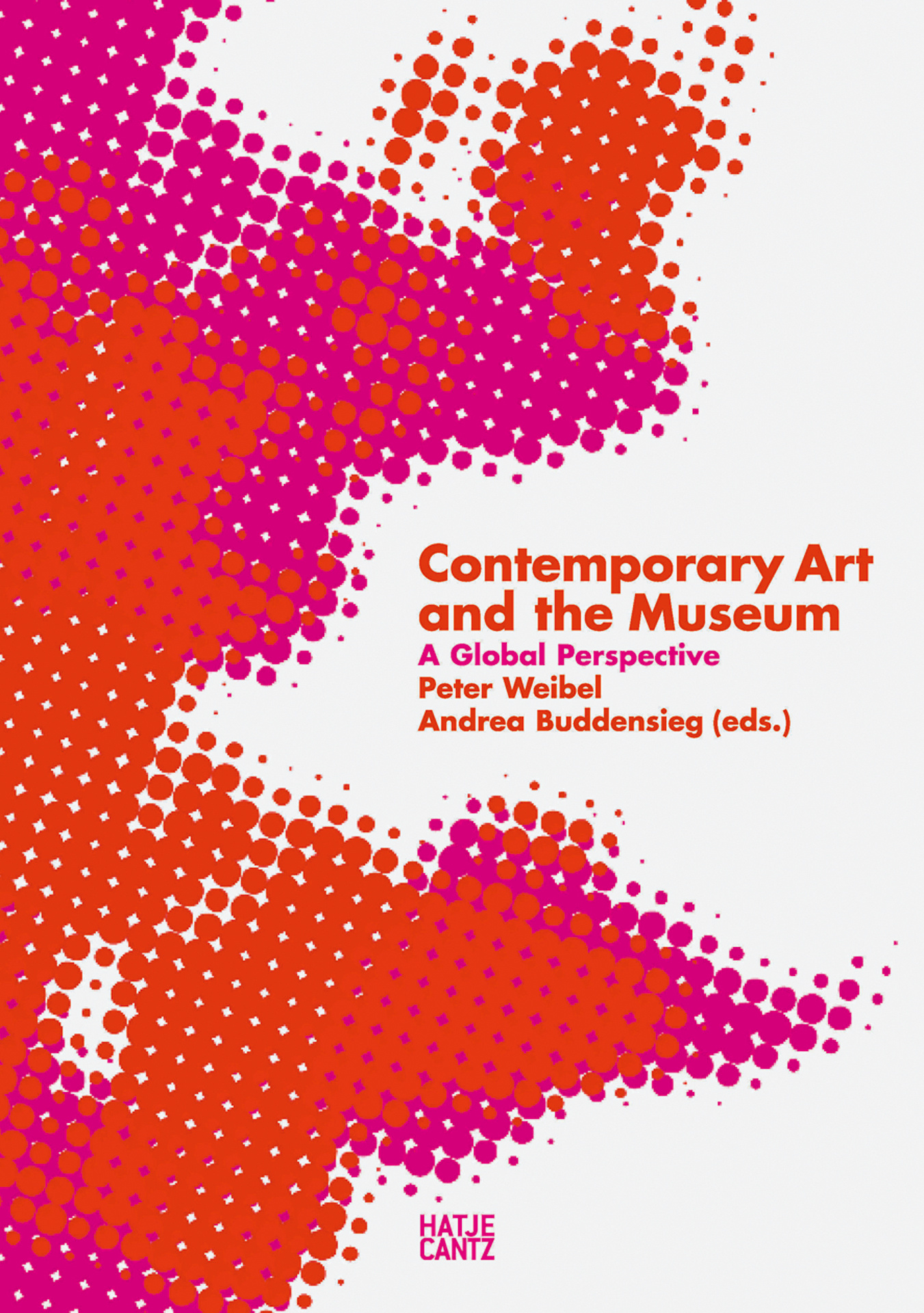Sara Giannini: Of Mediating in the Global Age
Review of »Curating in Asia«
The conference »Curating in Asia« (ZKM, 09-10.12.2011) was a follow up of the workshop that the research program Global Art and the Museum had held in Hong Kong in collaboration with the Goethe Institute in 2009. The challenging task to frame curating in Asia in many cases brought the discussion to the topic’s very theoretical foundations. The audience was able to witness a tendency – which is perhaps symptomatic of a deeper need – to find definitions and metaphors for a contemporary figure oscillating between being an organizer, an interpreter, a communicator, an author and even an artist.
We learned from Zoe Butt’s experience in Vietnam that the curator can also appear as “the stylist of culture;” we then listened to John Clark confirming this attitude by naming the curator a ‘teaser’, and therefore stating the shift from exhibition-making to a new form of artistic creation. Patrick Flores struck the audience with a listing of curator typologies in South-East Asia: from the art historian to the “networker-curator,” who travels along rhizomatic paths of events, meetings, workshops and exhibitions. I asked myself whether the latter had inspired Werner Kraus’ sharp critique of Indonesian curators. In an anthropological attempt to sketch out the present landscape of curating in the country, he skeptically portrayed the Indonesian curator as the merantau, a cosmopolitan fellow who returns home with a load of French philosophy in her/his suitcase. In Kraus’ contribution global cultural heritage was divided into private lots to be handled without any possibility of re-appropriation. What I myself tried to point out was a diametrically opposed issue. By dealing with Ai Weiwei’s work I showed how a trans-national “citational” practice always “excites” local dialogues, and thus questions the colonial understanding of culture as a struggle for possession.
Similarily, Kitty Zijlmans highlighted the need of contextually framing polyglot art practices in a post-colonial, globalised world by presenting the audience with examples of Indonesian art exhibitions in the Netherlands. Originally in charge of ‘curing’ museums’ permanent collections, today the curator is a third agency, which operates temporary mediations between the artists and a plurality of publics. As the one who selects and gathers individual artworks in the framework of occasional and ephemeral exhibitions, the curator provides us with her/his impermanent and contextual (dis)harmony of meanings.
